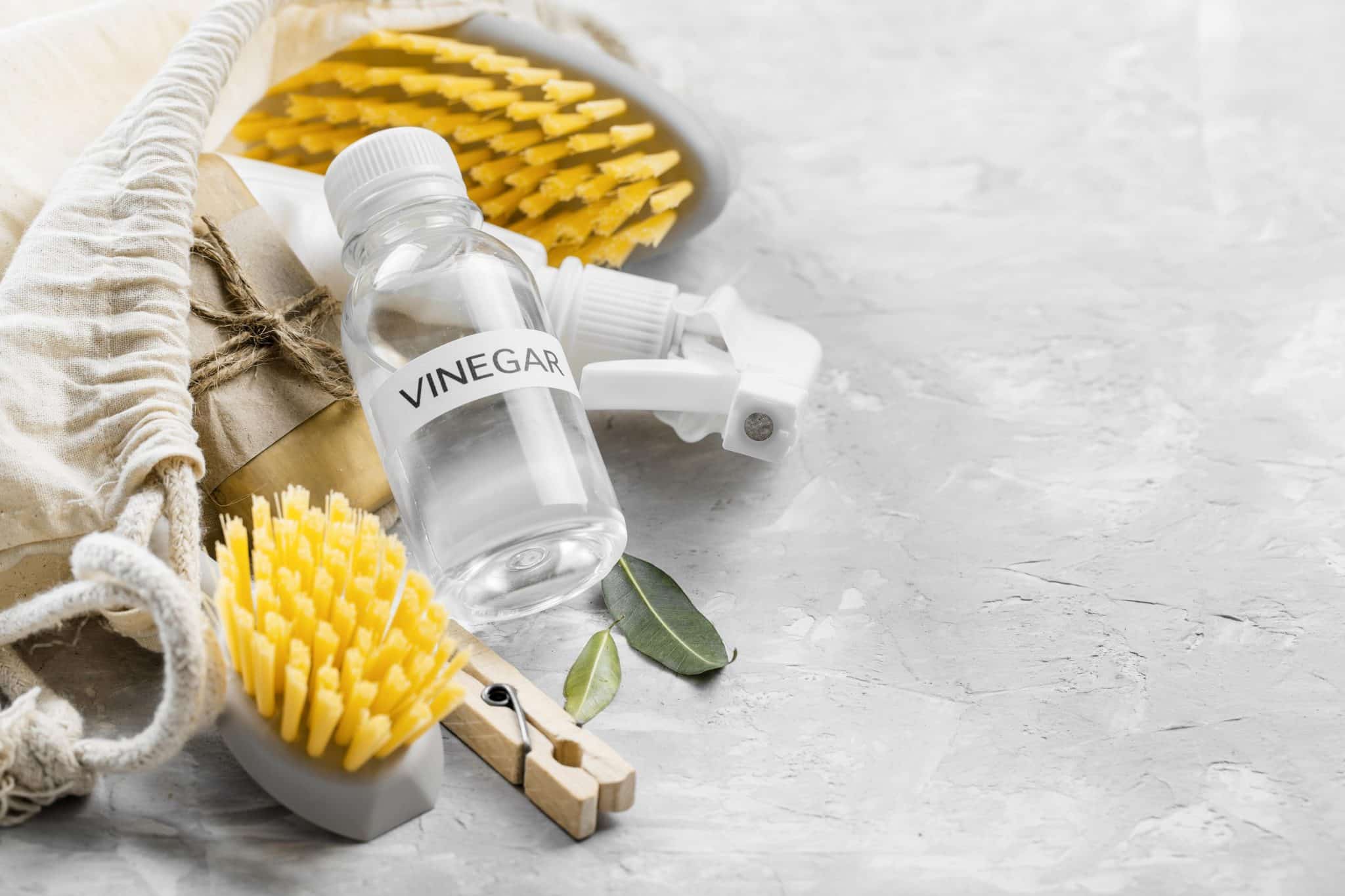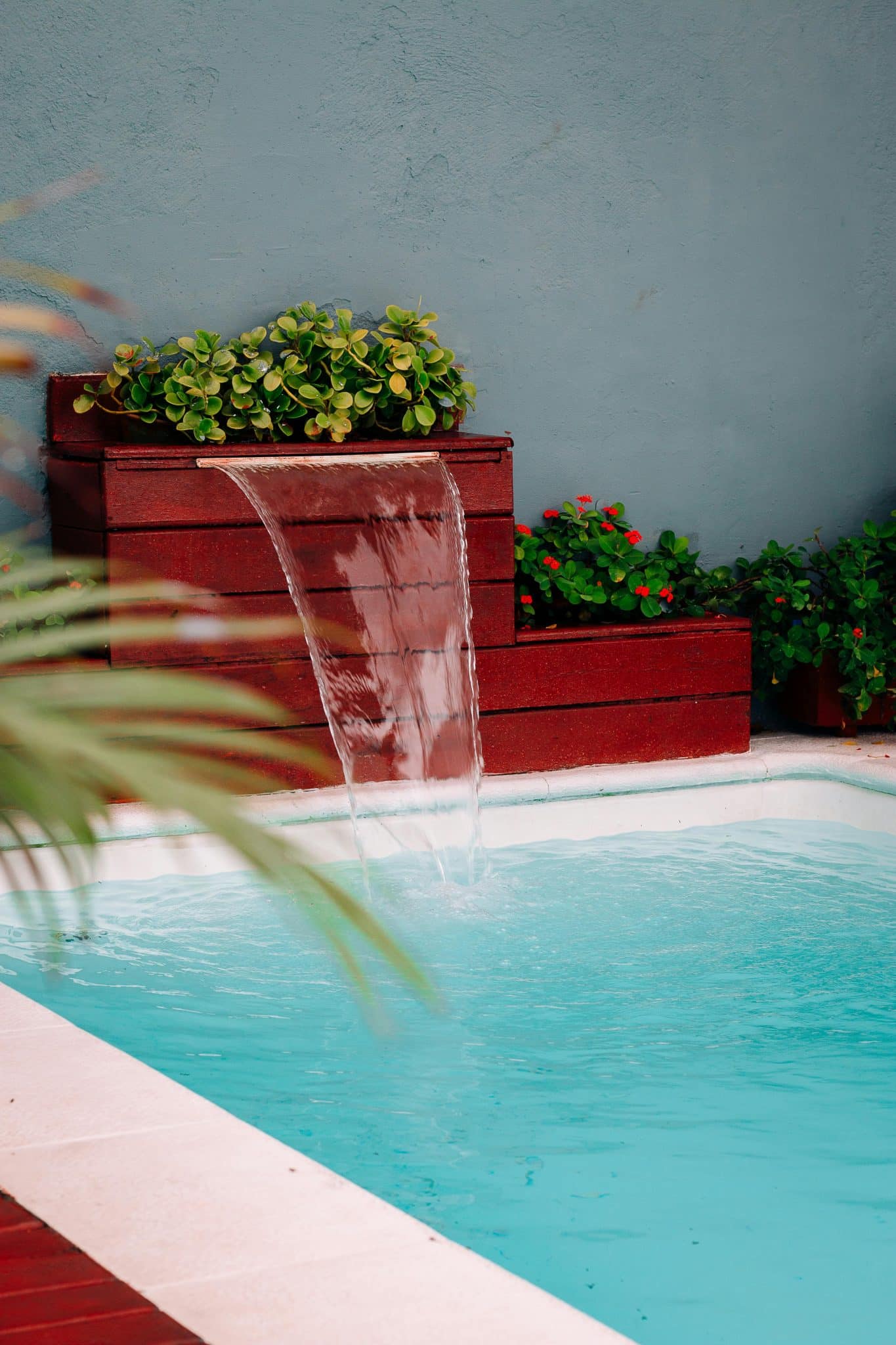Watering the garden is just as important as your garden getting enough sunlight during the summer. Plants consist of nearly 95% water of the entire amount of weight that they are. Water is the number one thing that plants need to keep them going. Water is what brings nutrients throughout the soil to the cells of the plants.
Watering the garden differs from one person to the next, and no matter how many people you ask, they seem to have a different opinion on when you should be watering the garden. One person will tell you that you should be watering the garden at certain time intervals and another person will have a completely different time interval of when they water their garden.
If you water the garden too much, your roots can get soggy and your plants will be starved of oxygen. If your plants are aquatic ones, then you don’t need to worry about that, but if they aren’t then that can become an issue fast. Giving too much water to something like a perennial plant that you have around the border of your house can cause it to flood and die.
On the flip side, if you don’t provide your plants with enough water, they won’t grow and will just die. Plants that have grown a tolerance to dry conditions will be able to withstand longer periods of time without water. When you get certain plants, you’ll always want to know how much water you should be giving them so that they can thrive and grow to their fullest potential.
Watering Your Garden
If your garden consists of ornamental shrubs and plants, then you’ll want to give it about an inch of water every single week. Doing so will ensure that your soil structure will remain healthy and absorbable.
If you live in a very dry and hot climate, then the amount of water you’ll have to give your garden increases to two inches a week. Gardens in climates that are much cooler might not require much water at all.
In most areas, it’s always better to give your garden a single soaking instead of watering it many times. Doing so ensures that your roots will grow deep instead of remaining closer together. The water that gets deep into the soil and roots of your plants is always better than a brief sip of water that only touches the surface of the soil. Water that only touches the surface of the soil tends to dry up much quicker and especially in very hot and dry climates.
Why Is Watering So Important?
Watering your garden is important for a few different reasons:
Photosynthesis
Photosynthesis is the process that gives your plants the ability to make their own food. Carbohydrates, which are necessary for the plant’s energy source, are manufactured by plants using water. An inadequate supply of water and nutrients may prevent plants from producing sufficient amounts of food to support healthy development.
Transpiration
Sweating in plants is called phyto sweating. In a similar fashion to how people sweat, plants lose water via their leaves. Normally, water is lost through stomata, which are small pores in leaves. To keep the plant’s temperature in check, water evaporates via the stomata and is released into the atmosphere. A high temperature might cause the plant’s cells to die.
Nutrient Distribution
To grow and develop its structure – stems, leaves, flowers, and seeds – plants require a range of nutrients. A plant’s cell structure receives nutrients from the soil via water, much as blood does for animals and humans.
Because water is so crucial to growing plants, you should know how to provide them with the correct quantity of water at all times, especially in autumn when most plants are constantly expanding their roots long after they’ve managed to put energy into things like:
- Blooms
- Branches
- Buds
There are a variety of tips to keep in mind to ensure your plants grow efficiently:
- Don’t water every part of the plant every single time you water
- Ensure to keep your areas sectioned off
- Completely saturate each area your watering
- After saturating the plant, wait until it dries
- Consider using mulch around your plants to prevent water loss
- Ensure your plants aren’t wilting away before watering
- Don’t overwater your plants
- Read our comprehensive guide on weeding the garden not to water unnecessary plants
- Make sure the soil around your plants isn’t continuously saturated
Watering the garden properly will result in a garden that is flourishing and thriving. Sometimes people get confused at why their gardens aren’t growing, and the cause of it might be the exact thing that people are doing to try and keep their plants alive – watering.
If you notice the leaves on your plants beginning to turn yellow, this can be a symptom of too much water and too little water, and because of that, it can be difficult to understand for first-time gardeners.
If you’re trying to figure out why your garden isn’t growing, inspect your plants to see if they look crispy and dry or soggy. Use your finger to touch around the soil that your plants are sitting in. If you notice that the soil is cracked and dusty, then that most likely means that there isn’t much water.
If the soil is smooth or damp, then there is a good chance that you’re overwatering your plants. Doing this brief inspection will give you a better idea regarding the amount of water you’re giving your plants.
The best way to figure out how much water your plants need is by taking a look at them regularly. Plants need attention just like everyone else in life, and the more attention you pay to them, the better you’ll get at understanding them and what they need.
Soon, you’ll become more and more familiar with your plants’ needs, and you’ll be able to provide them with the necessary care. Despite the fact that it may sound a bit humorous, it’s true.
Your gardening plan must include excellent watering techniques. A little information, dedication, and attention may help you design a bespoke watering strategy that fits your landscape’s demands, ensuring a happy and healthy growth environment throughout the growing season while safeguarding and conserving this scarce resource in our world.

